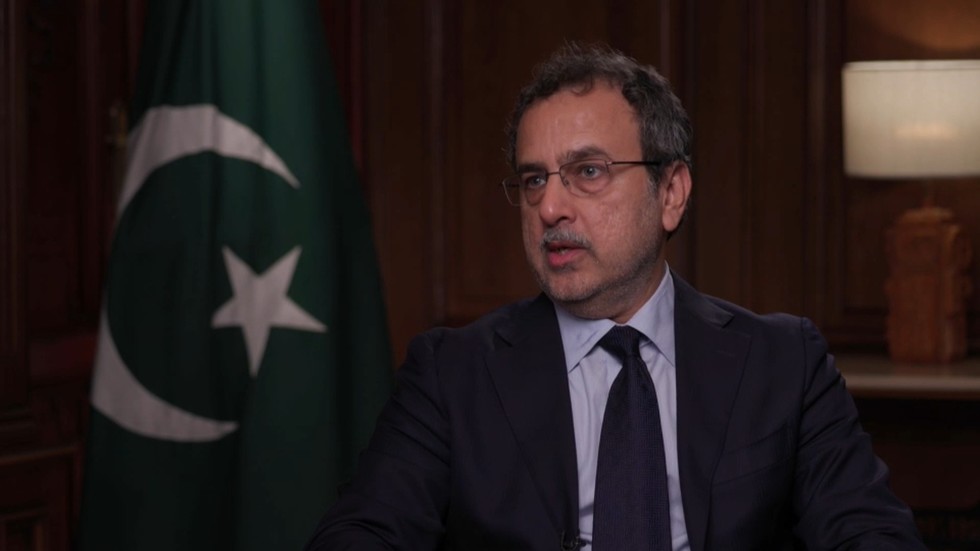In a significant development in international trade and connectivity, Pakistan and Russia are poised to enhance their bilateral relations through a new freight train link slated for trial runs in March 2025. Awais Leghari, Pakistan’s Energy Minister, highlighted these advancements in an interview, noting the crucial role the International North-South Transport Corridor (INSTC) will play in linking Russia and Central Asia with India through Iran. This ambitious project spans approximately 7,200 kilometers and symbolizes a growing collaboration between the two nations. The initial trial run is expected to facilitate the transport of goods from Russia to Pakistan via Azerbaijan and Iran, marking a milestone in Pakistan’s proactive embrace of regional connectivity initiatives.
The dialogue between Islamabad and Moscow extends beyond freight transport, with discussions also underway to establish direct air services between the two countries. Leghari emphasized the mutual interest from both nations to expedite airline connectivity, reflecting a broader commitment to enhancing people-to-people ties and business interactions. This initiative gained traction during a recent delegation visit from Russia’s Federation Council, during which the importance of new logistics corridors was underscored. Russian officials welcomed Pakistan’s engagement in these projects, portraying a hopeful outlook for the future of multifaceted cooperation.
Leghari conveyed the political and economic significance surrounding the growing ties between Pakistan and Russia, suggesting that the recent initiatives could revitalize areas of cooperation that had languished for years. The minister pointed out that connectivity fosters ease of interaction among citizens and encourages business ventures, further integrating their economies. This sentiment was echoed in the establishment of eight memorandums of understanding (MOUs) covering diverse sectors including education, health, trade, and industrial cooperation. These agreements were reached during a meeting of the Inter-Governmental Commission, which has been working to bolster bilateral relations for around a decade.
Moreover, the trade dynamics between Pakistan and Russia reveal both potential and challenges. Currently sitting near $1 billion, the trade turnover is noted to exhibit positive trends, notable for the relatively balanced nature of trade in various sectors. However, Leghari acknowledged a significant trade imbalance that necessitates corrective measures. He advocated for an environment conducive to trade equilibrium, emphasizing the capacity of Pakistan as a major agricultural producer capable of supplying food to Russia. This potential partnership could help mitigate existing trade discrepancies, creating mutual benefits for both economies.
In the context of energy cooperation, Pakistan has extended an invitation for Russia to engage in oil and gas exploration within its territorial shelf and to participate in oil refining projects. Russian Deputy Energy Minister Roman Marshavin echoed this sentiment, stating that the reliable supply of Russian oil to Pakistan is ongoing. He recognized the existing technical and financial issues being promptly addressed by both nations, with ongoing efforts aimed at increasing these energy supplies and diversifying the products offered. This engagement aligns with broader energy security goals and highlights the strategic significance of the partnership.
In summary, the evolving relations between Pakistan and Russia are poised to usher in a new era of cooperation marked by logistics connectivity, trade, and energy partnerships. The establishment of a freight train link and proposed air services signals a commitment to collaboration and economic growth. While challenges such as trade imbalances exist, both nations are optimistic about harnessing their inherent strengths to bolster mutual trade and cooperation. As these initiatives unfold, they symbolize a renewed geopolitical landscape, with both countries aiming to foster closer ties that can bring about substantial benefits for their economies and the regional dynamics in which they operate.

